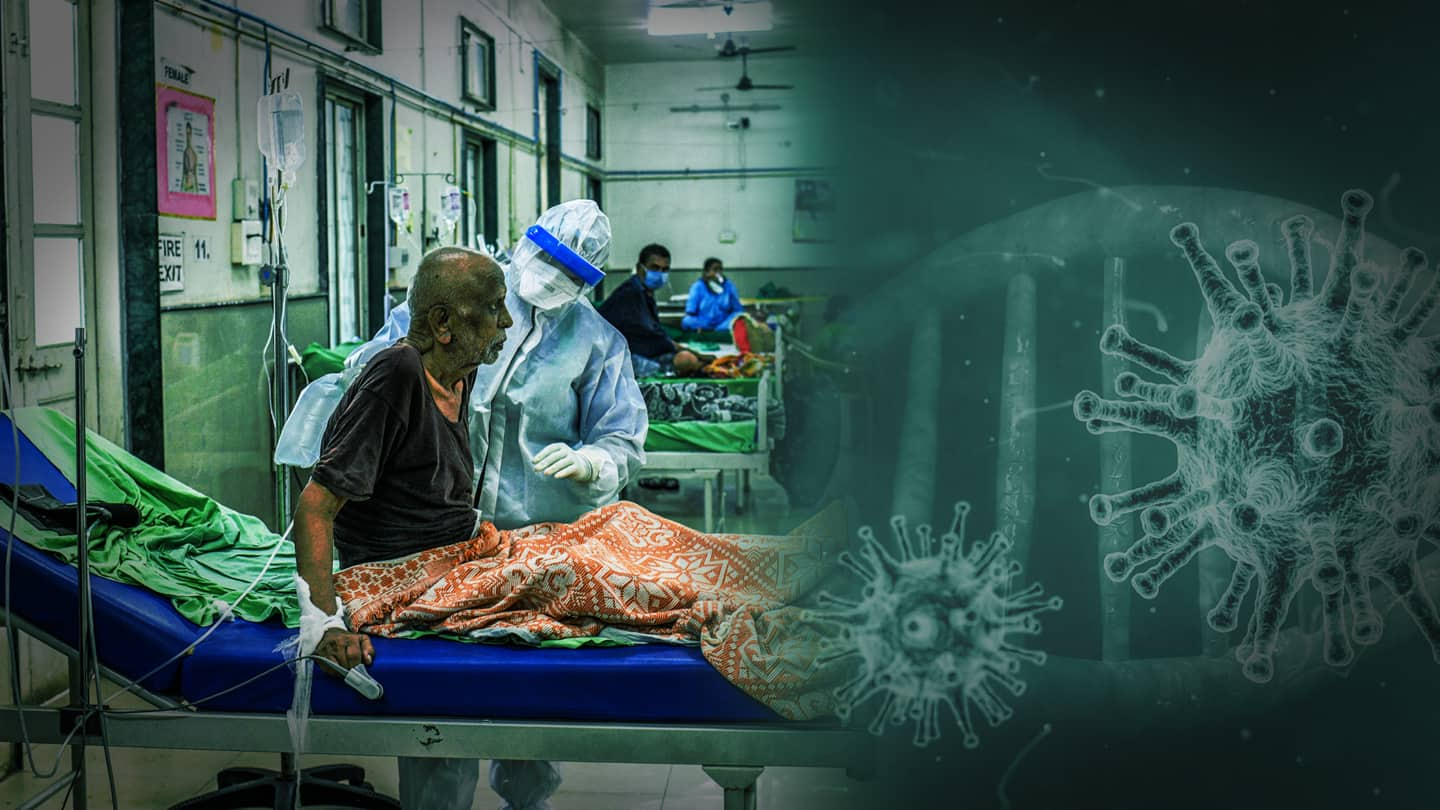
'Black fungus' infection: What is it, symptoms, and treatment
What's the story
Even as a dreadful second wave of the coronavirus continues to batter India, a rare but potentially fatal fungal infection is taking hold in several states across India.
With dozens of cases of mucormycosis or "Black fungus" being reported in Delhi, Maharashtra, and Gujarat, experts have issued an advisory on the disease.
Here is more about this infection, its signs and symptoms, and treatment.
Definition
What is mucormycosis?
Mucormycosis is caused by a group of moulds known as mucormycetes.
Though these fungi are naturally present in the environment, they typically affect people who are on medication for certain health problems, which essentially weakens their immune system.
A person's sinuses or lungs can get affected after they inhale fungal spores from the air.
The fungi can also enter the body through open wounds/cuts.
Information
What are the symptoms?
According to the government's advisory, the initial warning signs of the infection are pain or redness around the eyes or nose, fever, headache, coughing, shortness of breath, bloody vomits, and altered mental status.
Signs
When to see your doctor?
You should seek immediate medical attention if you experience:
Sinusitis - Nasal blockade or congestion, blackish/bloody nasal discharge.
One-sided facial pain, numbness or swelling.
Toothache or loosening of the teeth.
Blurred or double vision along with pain.
Chest pain, or worsening of respiratory symptoms.
It is important to seek immediate medical care to avoid worsening of your symptoms.
Vulnerable groups
Who is at a higher risk?
According to experts, people who have underlying health problems or take medicines that lower the body's ability to fight germs and sickness are relatively more vulnerable to the infection.
It is most commonly being seen in recovering or recovered coronavirus patients who have comorbidities such as diabetes, kidney or heart disease, or cancer.
Treatment
What is the treatment for mucormycosis?
Doctors say an early diagnosis and timely treatment can help in successfully treating the infection.
The infection can be treated with prescription antifungal medicines.
In some cases, however, it may require surgery. But experts have warned that the procedure can eventually lead to a loss of the upper jaw and, at times, one or both the eyes.
Prevention
How can you prevent the infection?
According to the advisory issued by the Indian Council of Medical Research (ICMR), you can prevent the infection by:
Wearing a mask if you are visiting dusty construction sites.
Wearing shoes, long trousers, long-sleeved shirts, and gloves while gardening or performing related activities.
Maintaining proper personal hygiene.
Using clean water for humidifiers during oxygen therapy.